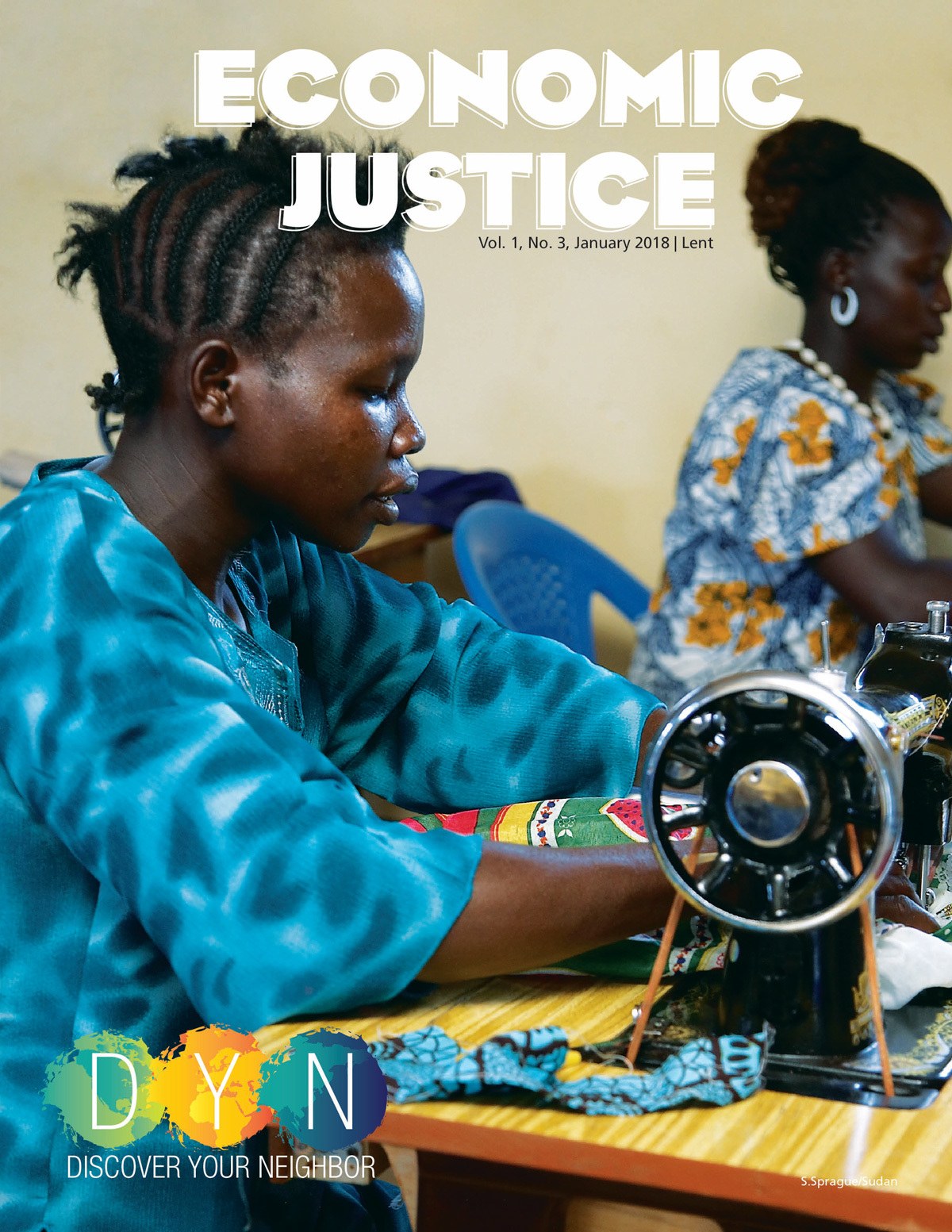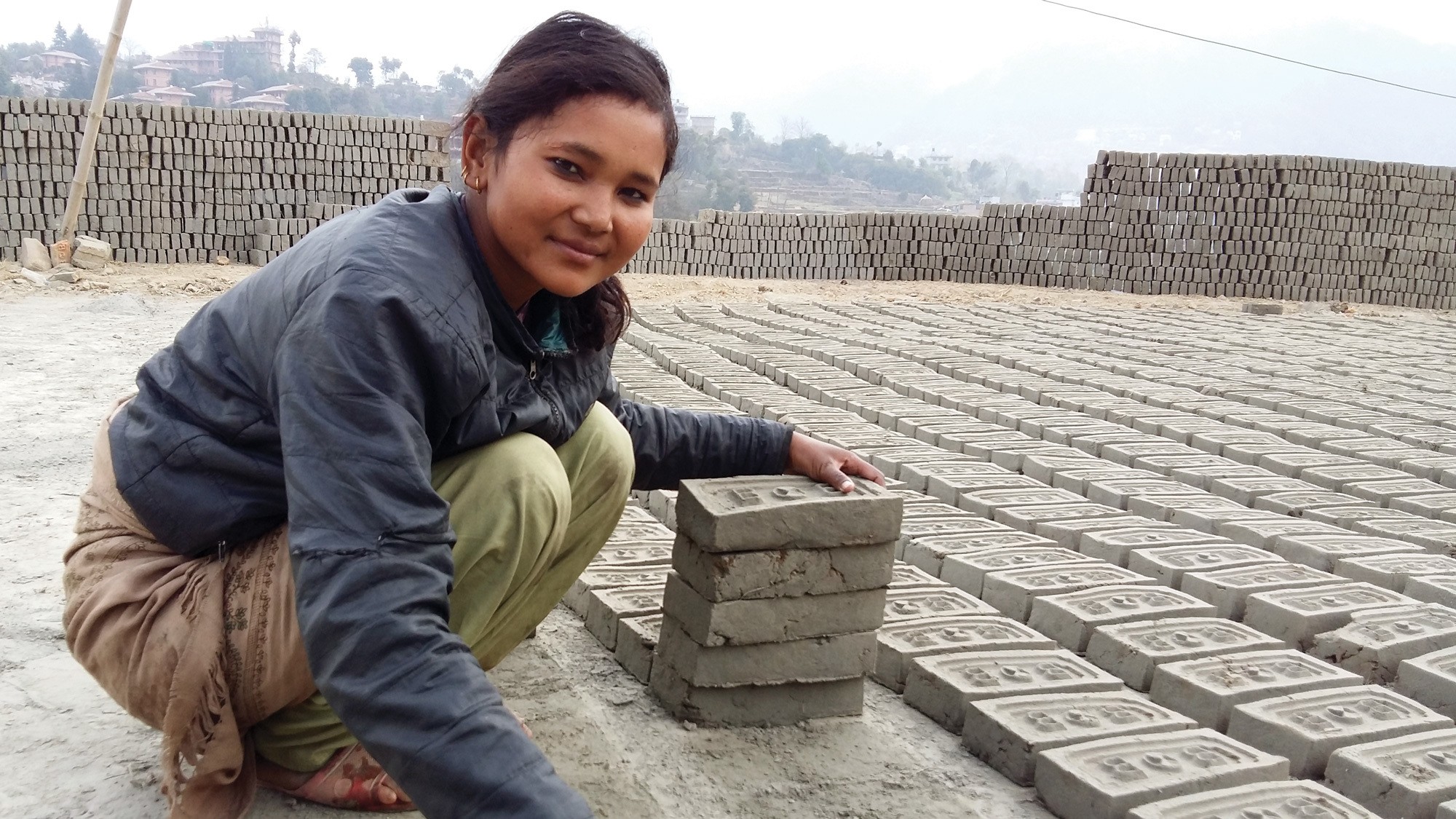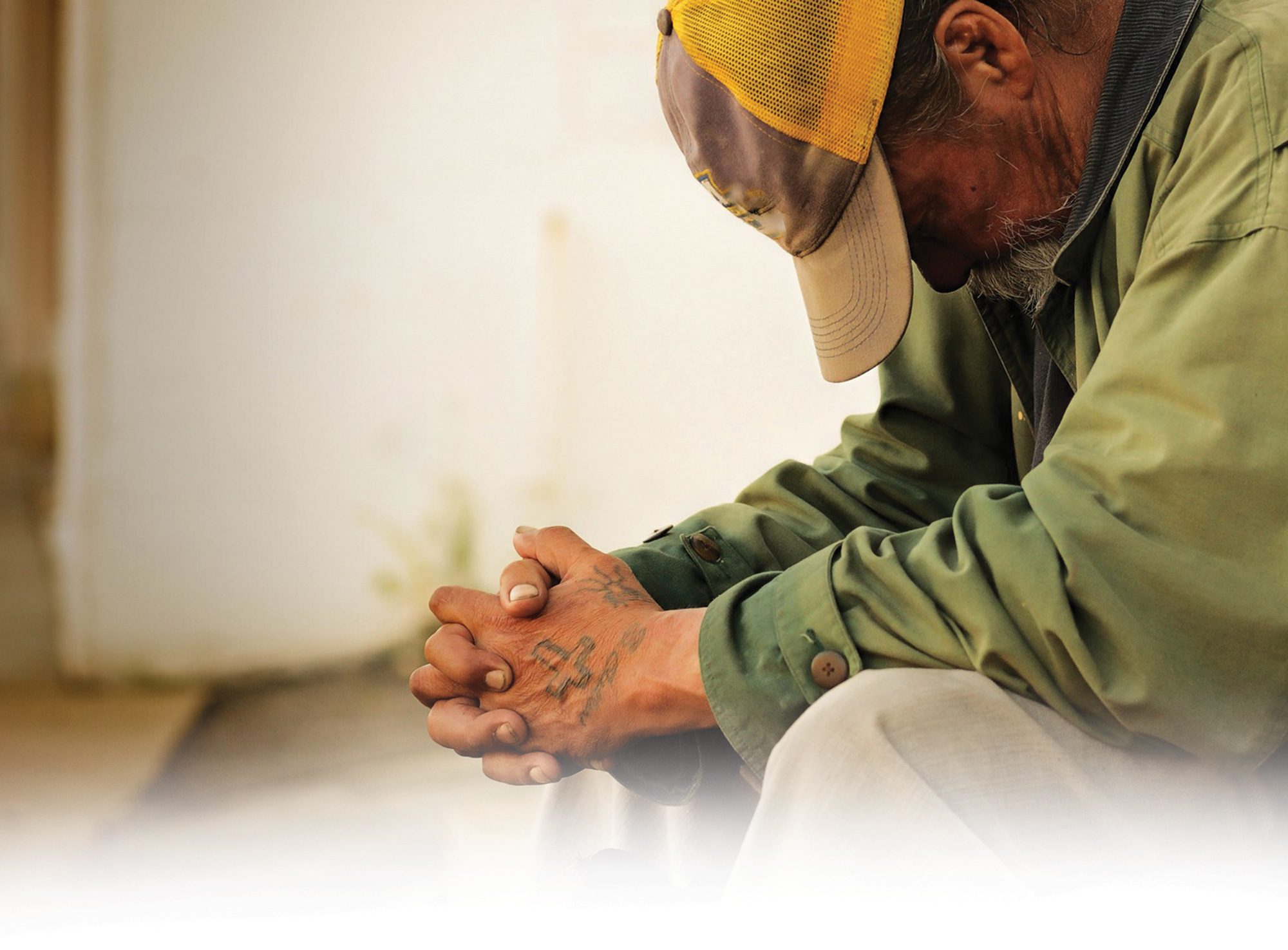Download the:
Option for the Poor and Vulnerable is one the themes of Catholic Social Teaching. Scripture shows that God hears the cry of the poor and expects us to respond with justice (EG 187-8). Jesus himself was born poor and was always close to the outcast. Pope Francis tells us that “today and always, the ‘poor are the privileged recipients of the Gospel.’” The Church must make it a priority to address the needs of those in poverty, because “there is an inseparable bond between our faith and the poor” (EG 48).
The U.S. bishops explain that, “As Christians, we are called to respond to the needs of all our brothers and sisters, but those with the greatest needs require the greatest response” (EJA 16).
PRAY, FAST, AND GIVE
We are one family. Pope Francis reminds us that we must care for that family by working for the best for all people. During Lent, we pray, fast, and give to help others.
PRAY: Each week during Lent, share a news story with the class about people in need around the world. Create a sacred space to collect the stories in the classroom and pray for their needs together.
FAST: Help students brainstorm what they eat and drink during the day. Create a chart separating healthy items from unhealthy ones. During Lent, encourage students to give up an unhealthy item.
GIVE: Choose a snack or drink item that you regularly purchase to give up for Lent. Collect the money you would have spent and donate to a project serving people in need.
DISCUSS: How has praying, fasting and giving changed how you think and feel? How has it helped you pray more? How have you helped others?
ENGAGE FAMILIES
Read Matthew 25:31-46 together. DISCUSS: How do you as a family take care of one another? Who else is Jesus asking you to show love to in our world?
Brainstorm three ways you can help people in need together during Lent.
EXTENSION: Remove unhealthy or unnecessary items from your family grocery list each week during Lent. Donate the money you would have spent to a cause that addresses the needs of people experiencing poverty.
Read John 6:1-15.
DISCUSS:
Comprehension: How did Jesus feed the people that were hungry in this story? Who helped him?
Analysis: What do you think Jesus wants us to do to feed the hungry in our world today? Who can help us?
Evaluation: Why do you think Jesus wants us to help others?
Draw a Picture of a way that you can help people who are in need? What are you good at or what things do you have that you could share with other people?
MEET YOUR NEIGHBOR
Read the below story:
WORKING TO GO TO SCHOOL
When Kabita Rai was a little girl, her family left their home to find a place to live where her parents could get a job. Her father borrowed money from the owner of a brick factory so he could pay for Kabita to go to school. To help pay the owner of the brick factory back his money, Kabita made bricks with her parents after school each day.
When Kabita’s mother became sick and could no longer work, Maryknoll Father Joseph Thaler paid the money so Kabita could still go to school. Kabita continued to make bricks to help her family get the money they needed. In her last year of high school, her mother went to the hospital and almost died. Kabita helped care for her mother, went to school, and worked with her father to help get money for food. She graduated high school, and went to college. She had to walk a half hour there and back every day.
After a couple of years of college, Kabita began teaching at the Maryknoll daycare and nursery school for the children of brick factory workers. Kabita was still going to school and making and hauling bricks.
Review as a Class:
What did Kabita do to earn money in the story?
What did Kabita have to do to be able to go to school?
Who helped Kabita in this story?
DISCUSS: How is Kabita’s life similar to yours? How is Kabita’s life different than yours? What could have happened if no one helped her? How would you feel if Kabita was a member of your family?
Extension Question: What are the things that you think people need to be happy and healthy?
DISCUSS AS A CLASS
What does the word “fair” mean? What does it mean to treat someone fairly? What are some of the times when you were treated fairly (games, in class, etc.)?
THINK ABOUT IT
Have students sit in rows facing a box at the front of the room.
Explain that students cannot stand up or move closer to the box.
Starting with the back row, have them take turns trying to throw a ball into the box.
DISCUSS:
Was this game fair for everyone?
For those of you in the back row, how did you feel in this game?
Did being in the back rows make you sad or mad?
How was the experience different for each row?
EXPLAIN: Some people in the world have to compete for food, houses, water, school, or work, and they are not always treated fairly. How do you think they feel when they have to compete for these things?
EXTENSION: Ask students to create a new “box game” where everyone is treated equally.
Loving God,
You made us as sisters and brothers, a family that cares for one another.
Thank you for the people who take care of us.
Help us to be nice to others, and help everyone in our world.
Amen








